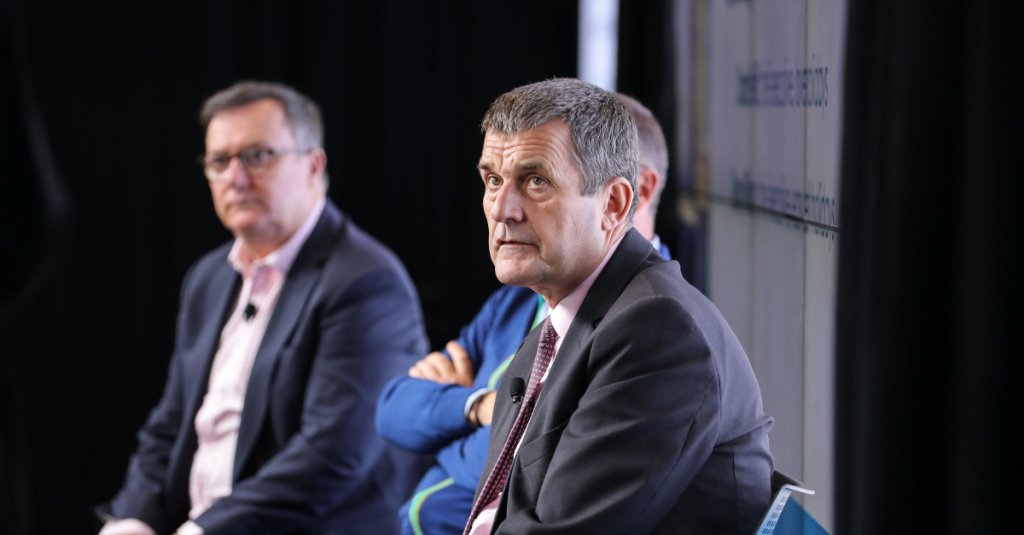The recent warnings from the Jet2 chief executive highlight significant concerns about governmental economic outlooks.
These predictions by the Labour government, if not managed, could potentially influence the travel industry negatively by creating a self-perpetuating cycle of pessimism.
The chief executive of Jet2.com and Jet2holidays has expressed concern about the government’s pessimistic economic predictions. Speaking candidly at the Future of Travel conference, Steve Heapy warned that the Labour government’s “doom and gloom” rhetoric risks becoming a self-fulfilling prophecy. Heapy argued that this negative outlook could potentially hinder consumer confidence and business investment, particularly in the travel sector.
Heapy further elucidated his apprehensions about the upcoming budget announcement on October 30th. The prospect of raised taxes for businesses is a significant worry for the travel industry. “Businesses will be very nervous,” he stated, emphasising the need for a cautious approach. Any increase in taxes could adversely affect travel, emphasising the current uncertain climate.
Jet2 has made proactive steps by submitting a manifesto for economic growth at the Labour Party conference. This comprehensive plan focuses on areas such as economic stability, sustainable development, and supporting British enterprises. The company has stressed the importance of making work pay, alongside fostering an environment that backs British business and enhances skills development.
While apprehensive about economic policies, Heapy expressed optimism regarding the government’s approach to sustainability, particularly the Sustainable Aviation Fuel (SAF) mandate set to take effect in 2025. He welcomed the government’s commitment to reducing CO2 emissions through airspace modernisation, although he urged for clear deadlines to ensure effective delivery. The emphasis on sustainability marks a significant step towards greener aviation.
Garry Wilson, the CEO of EasyJet holidays, also mentioned his cautious optimism regarding the government’s sustainability efforts. He highlighted the importance of SAF as a preliminary measure but refrained from considering it a comprehensive solution. Wilson appreciated the government’s commitment to sustainable aviation and acknowledged the necessity for a pragmatic approach.
Both Heapy and Wilson highlighted the critical need for efficient execution of proposed policies. Their statements underscore the importance of aligning governmental promises with practical outcomes. As the travel industry anticipates the future, the clarity in policy implementation remains a key challenge that requires dedicated attention from all stakeholders.
In summary, the travel industry leaders call for a balanced approach that incorporates economic stability with sustainable development. The sentiment is clear: while supportive of sustainable measures, there is an urgent need for pragmatic policies that do not overburden businesses with uncertainty. The industry’s ability to thrive will depend heavily on how these challenges are navigated in the coming years.
The call to action is for government policies to strike a balance between economic resilience and sustainable growth.
A strategic and well-communicated approach is crucial for the travel sector to sustain and flourish amid emerging challenges.

